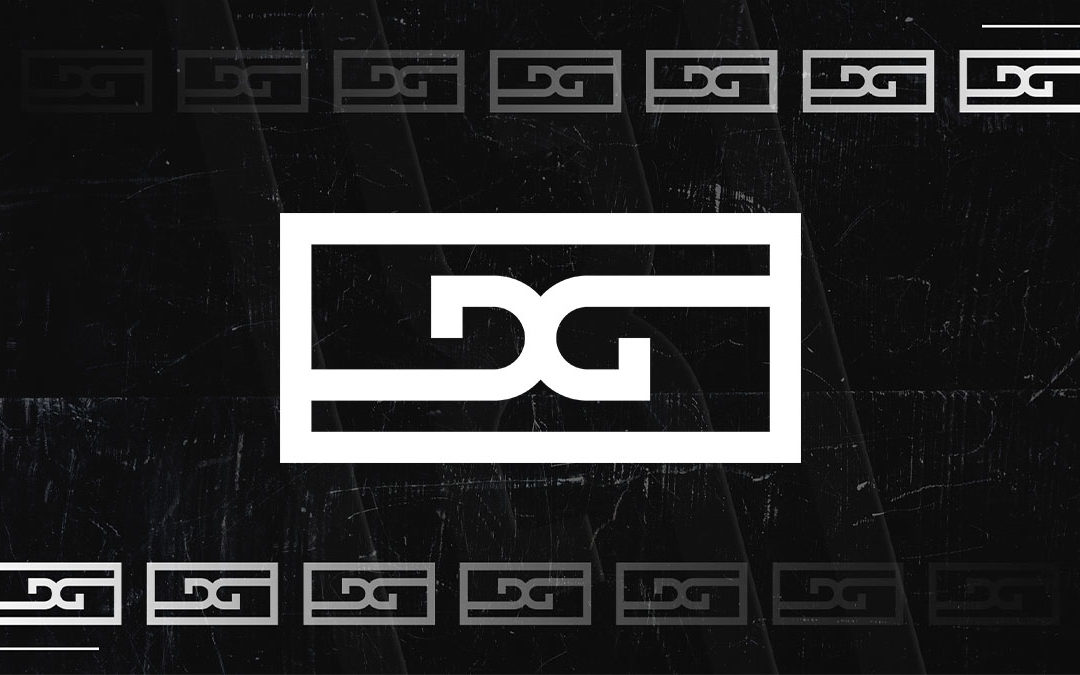Downturn. Crash. Recession. These words have been on the tips of every business person’s tongue for the last two years. People want to know when it’s coming, if it’s coming. And more importantly, they want to know what actions they can take today to get through it.
Do I personally think an economic crash is likely?. Yes. I’m not sure when it will happen or how big it’ll be, but I do think there’s a crash on the horizon. Widespread concern has shaken consumer confidence. Consumers are worried about the economy, and as a result they’re spending less. Less spending decreases revenue for businesses, eventually leading to payroll cuts, which intensifies fears and reduces spending even further.
Negative equity on homes is another sign of an impending crash. There’s a lot of money tied up in real estate. Because interest rates were so low at the outset of the pandemic, people began buying houses. And the newfound ability to work from anywhere multiplied the number of buyers. As a result interest rates have increased over time, driving down the amount of people interested in buying homes. This will eventually force people trying to sell their homes to make more competitive offers by lowering their asking price, driving the housing market down. When the value of people’s houses drops below the price they paid, we call this negative equity.
The housing market was so good for so long that people began buying themselves into debt so that they wouldn’t miss out on a great opportunity. They took out loans that they won’t be able to pay back if something happens to their monthly income. That’s because a lot of buyers pay more attention to their monthly payments than the total cost of their investment. But if something happens to their monthly income, and they don’t have enough savings to continue paying off that debt, we find ourselves in the same situation as 2008. Well if businesses experience large losses in revenue from decreased spending, budget cuts and layoffs might force these people to default on their loans, since they don’t have enough money in the bank to pay off their debt. All of which is the recipe for another recession.
So what can you do to stay afloat in the face of an economic crash?
Be proactive rather than reactive. Now is the time to cultivate a winning mentality by putting yourself in the best position to succeed. You don’t want to wait until shit hits the fan to start looking for opportunities. The people who come out of this better and stronger than ever are already preparing themselves. So what are you waiting for?
Now is the time to hone your craft. When the crash comes, the first thing companies will cut are the employees who do the bare minimum to keep their jobs. Doing just enough to get by will NOT get you through a recession. As an employee, you need to make yourself irreplaceable. Ask for more. Learn more. Be a better communicator. But whatever you do, start today!
Now is also a good time to develop a second stream of income. Find a side hussle that you could get by on for a while if your main source of income dried up.
As a business leader, you’ll need to run a tight ship to stay afloat. This means tightening your expense line and revenue building actions. Examine your business process to find a way to get more work done with the same or less people.
‘how can I better serve my customers?’
Customer experience will be a key to weathering the recession. Most businesses chase the price game. Customers without a sense of brand loyalty will always opt for a lower price point. So the question you should be asking yourself is, ‘how can I better serve my customers?’ Look at ways to streamline the customer experience to reduce effort on their end and tighten feedback loops to leverage actionable insights from customers.
If you’re already mean and lean, now is the time to capitalize on every opportunity. Focus on acquiring top talent and creating a plan to dominate your market share. DO NOT waste your time worrying. Worrying will block positive thinking and your ability to take advantage of new opportunities. You do not want to lose traction at such a critical time. Stay focused and ready to adapt.

